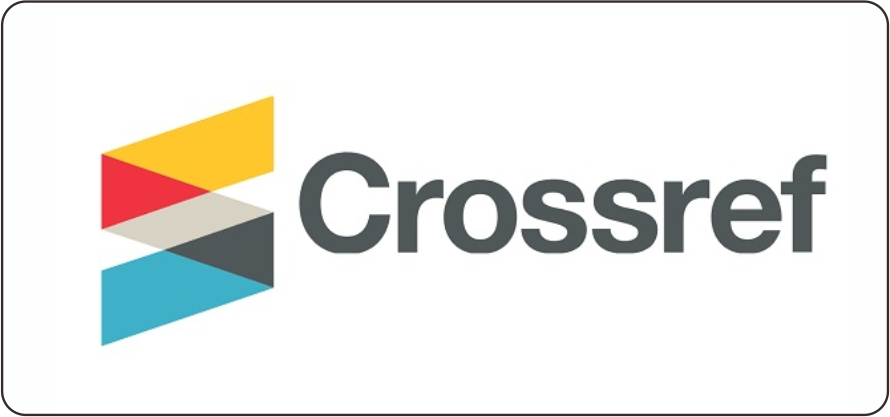RASIONALITAS PREFERENSI BERTRANSAKSI DENGAN BANK SYARIAH (MENGAPA BANK SYARIAH KURANG MENARIK?)
Abstract
This study aims to explore the underlying reasons that influence the lack of interest in choosing to transact at Islamic banks. Rationality in economic transactions is based on three basic concepts: the basis of utility maximization and self-interest rationality, the concept of habit and routine and limited rationalization. This research is a type of qualitative research with a phenomenological approach, by taking informants from the area around the researcher, namely Purbalingga. The author collects data with interview techniques. Triangulation techniques were also carried out to ensure the validity of the data. The results of this study found seven themes causing the lack of public interest in Islamic banks, namely considerations of ease of transaction, the assumption that sharia is only a trend, Islamic banks are only for certain segments, Islamic banks are just waiting (not pick up the ball), unfamiliar with products and terms, following habits. and consideration of the advantages of transactions.
Downloads
References
Apriyanti, H. W. (2018). Model Inovasi Produk Perbankan Syariah di Indonesia. Economica: Jurnal Ekonomi Islam, 9(1), 83-104.
Barros, G. (2010). Herbert A. Simon and the concept of rationality: boundaries and procedures. Brazilian Journal of Political Economy, 30, 455-472.
Creswell, Jhon W., & Poth, Cheryl N. (2018). Qualitiative Inquiry & Research Design. (Fourth Edition). USA: Sage Publications
Dequech, D. (2001). Bounded rationality, institutions, and uncertainty. Journal of economic issues, 35(4), 911-929.
Handida, R. D., & Sholeh, M. (2018). Pengaruh Tingkat Pengetahuan, Kualitas Layanan, Dan Tingkat Literasi Keuangan Syariah Terhadap Pengambilan Keputusan Masyarakat Muslim Menggunakan Produk Perbankan Syariah Di Daerah Istimewa Yogyakarta. Jurnal Economica, 14(1), 84-90.
https://finansial.bisnis.com/read/20200903/90/1286919/pangsa-pasar-bank-syariah-belum-naik-signifikan-ini-tantangannya,
https://dataindonesia.id/ragam/detail/sebanyak-869-penduduk-indonesia-beragama-islam
Ismail. (2016). Perbankan Syariah. Jakarta: Prenademedia Grup.
Otoritas Jasa Keuangan. (2021). Laporan Perkembangan Keuangan Syariah Indonesia Menjaga Ketahanan Keuangan Syariah dalam Momentum Pemulihan Ekonomi. Jakarta Pusat: OJK.
Jones, B D. (1999). Bounded Rationality., Annu. Rev. Polit. Sci. 2: 297–321
Kasper, W. & Streit, M. E. (1998). Institutional Economics: Social Order and Public Policy. Cheltenham, U.K. & Northampton, Mass.: Edwar Elgar
Keiber, K. L. (2008). Price discovery in the presence of boundedly rational agents. Quantitative Finance, 8(3), 235-249.
Landa, J. T., & Wang, X. T. X. (2001). Bounded rationality of economic man: decision making under ecological, social, and institutional constraints. Journal of Bioeconomics, 3(2), 217-235.
Mohammad Ghozali Rachmatullah Oky Raharjo. (2018). “Perkembangan dan Tantangan
Bank Syariah di Timur Tengah”, An-Nisbah: Jurnal Ekonomi Syariah, Vol. 05, No. 1, hlm. 216–235
Putri, D. A. R., & Rachmawati, L. (2022). Analisis Tingkat Pertumbuhan Bank Syariah di Indonesia. Jurnal Ekonomika dan Bisnis Islam, 5(1), 1-12.
Resty, N. N. H., & Hidayat, A. (2021). Factors Affecting Millennial Customers' Savings Intention in Islamic Banks. European Journal of Business and Management Research, 6(4), 116-122.
Sutan Remy Sjahdeini. (2014). Perbankan Syariah Produk-produk dan Aspek-aspek Hukumnya. Jakarta: Kencana
Wahab, W. (2016). Pengaruh tingkat bagi hasil terhadap minat menabung di bank syariah. JEBI (Jurnal Ekonomi dan Bisnis Islam), 1(2), 167-184.
Weyland, K. (2006). Bounded Rationality And Policy Diffusion Social Sector Reform In Latin America Princeton University Press: Princeton And Oxford












